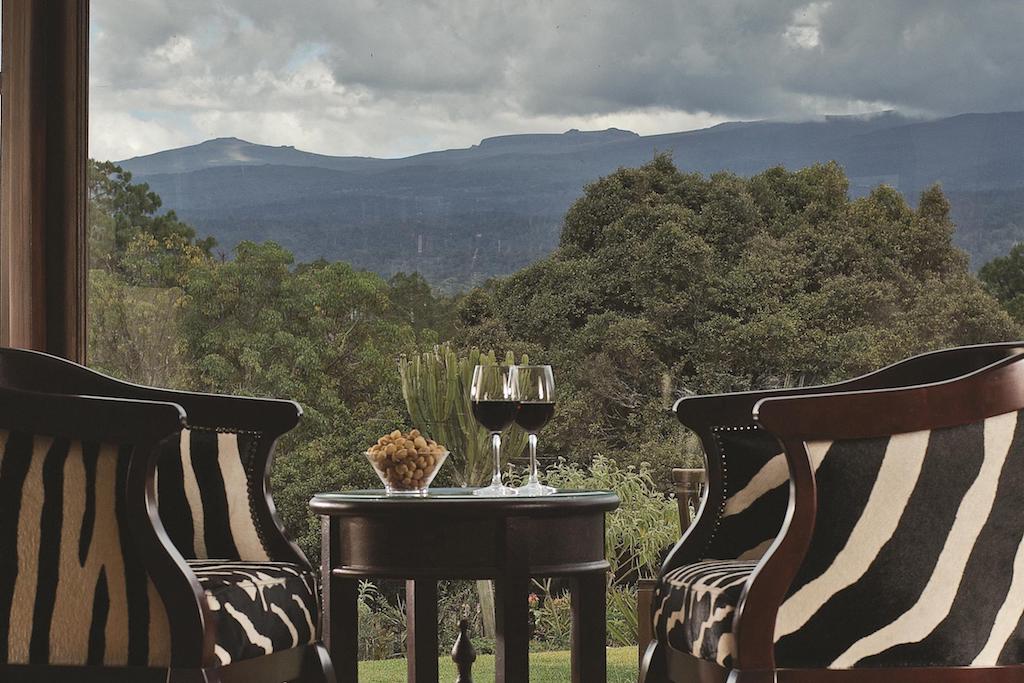AccorHotels Sets Up $1 Billion Fund With Qatar Partner to Focus on Africa

Skift Take
So much for being asset light. However, this strategy does align with previous comments AccorHotels' CEO has made about wanting to lead in emerging markets, Africa included.
AccorHotels announced Monday that it is setting up a $1 billion hospitality investment fund with Qatar-based, government-owned Katara Hospitality, focused on growing the hospitality markets in various sub-Saharan African countries.
The investment will focus on new projects and on hotel conversions, with the expectation of ultimately investing in 40 hotels, or 9,000 rooms, throughout the region, ranging from economy to luxury hotels.
The fund amounts to $500 million in equity initially. Over the next five to seven years, Katara is expected to contribute $350 million and AccorHotels will contribute $150 million. The additional $500 million is expected to be financed with debt and co-investments.
Katara owns and operates a number of hotels worldwide, including some iconic properties that ar
